
- Wide grippy platform with adjustable pins and traction pads
- Lots of float with reversible cleats
- Superb mud clearance
- Expensive compared to Shimano's platform clipless pedals
- Release tension isn't adjustable
- Heavy compared to XTR Trail pedals
Crank Brothers have long been a popular alternative to Shimano’s dominance in the clipless pedal market, and the latest Mallet E takes the good bits from the Mallet DH pedal and bakes them into a lighter and slimmer down package that is well suited to trail riding and enduro racing. The E in the name, in case you're wondering, stands for Enduro, because every brand needs an enduro-specific product these days.
On first inspection, the Mallet E looks very similar to the DH version, but look closer and you’ll notice the cage is 8mm narrower and the mechanism has been moved closer to the axle by 5mm, reducing the Q factor from 57 to 52mm. They’re also lighter - our set weighs 420g on the scales.
The cage has six removable and adjustable height pins and a brand new feature of two polyurethane traction pads along the central section of the pedal. They can be swapped out with two thicknesses supplied and partner with the pins to provide reassuring stability when clipped in, and adequate grip for unclipped descending moments.
The concave shape of the pedal combined with the pins and traction pad ensures shoes feel literally glued to the pedal even during the most sketchy moments, and there’s plentiful grip for short periods of unclipped descending. With the adjustable pins and traction pads, you can dial in the interface between shoe and pedal. Chamfered edges not only look good but provide extra rock strike clearance.
Inside the pedal is a chromoly axle that spins on a combination of an Enduro cartridge bearing and Igus glide bearing, with dirt and water kept out thanks to a double lip internal seal and one external seal. Reliability has been excellent with the pedals showing no signs of grinding to a halt during my time testing them - they’re still spinning smoothly. The 5-year warranty is a nice thing to have considering the price.
Unlike Shimano’s clipless pedal system, you can’t adjust the release tension, but you can choose between 15 or 20-degree release angle depending on how you set the brass cleats up. I settled on 15-degrees as 20 felt like you had you twist your foot too far to disengage, but it’s personal preference and it’s easy to try both settings. The 6-degree float is more generous than Shimano, welcome especially on steep technical descents with a slightly wider range of foot positions available whilst still being clipped in.
Setting up cleats is easy, a small marker indicating the float setup. I tested the pedals with Specialized 2Fo shoes and initially found the interface too tight, so backed off the pins and used the cleat spacer gaining the extra clearance necessary for a harmonious relationship between shoe and pedal.
The four-sided mechanism at the heart of the pedal makes clipping into the pedals very easy, but as a long-time Shimano user and occasional Crank Brothers sampler, the action of clipping in and out is a little different. The biggest change is the lack of a definite feedback when you clip in and out of the pedals, it's much smoother and quieter than the Shimano equivalent.It's not better or worse, just different, and it's something you'll either love or hate.
In reality, it doesn’t take all that long to become accustomed to the way the Crank Brothers feel and work on the trail, and you’re soon clipping in and out as if it was second nature.
One notable benefit of the Mallet’s design over its rivals is the superior performance in muddy conditions - there’s more space for slop to be pushed through the pedal resulting in fewer issues engaging and disengaging when other pedals can get clogged up.
In taking the core ingredients of the successful Mallet DH and dropping a bit of weight and adding robust bearings and the traction pads, the Mallet E suit the demands of trail riding and enduro racing well, with a narrower Q-factor that feels more natural when pedalling over longer distances.
The extra float and seamless engagement provide some of the freedom of a flat pedal with the added security of being clipped in. The only downside is that they’re more expensive than Shimano’s XTR Trail M9020 pedals, and nearly double the XT M8020 Trail platform pedals. And while they're lighter than the Mallet DH pedals (480g) they're still 41g heavier than the XTR pedals.


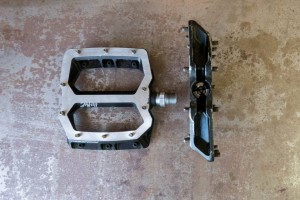
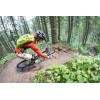
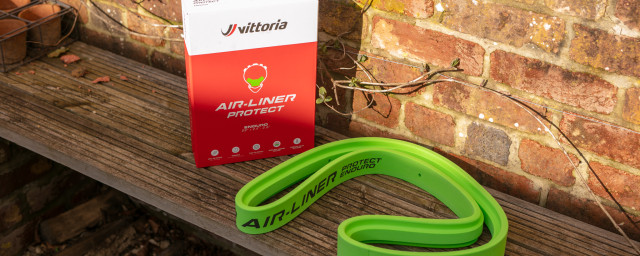
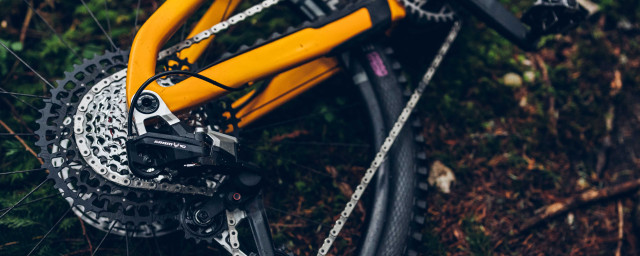

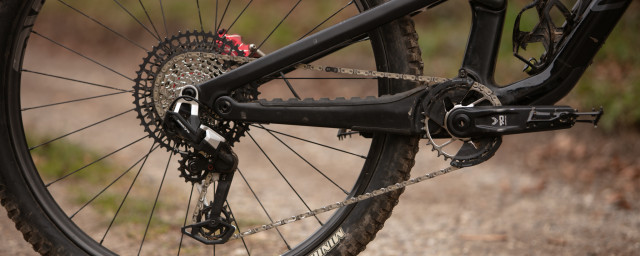
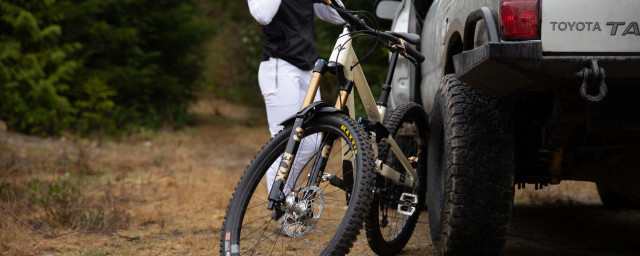
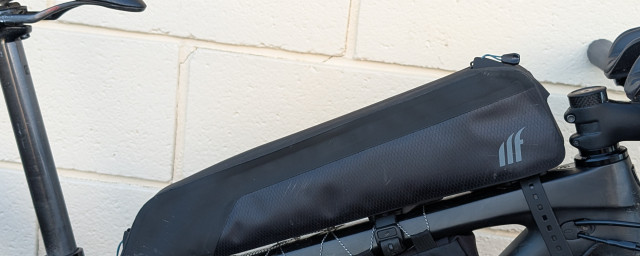
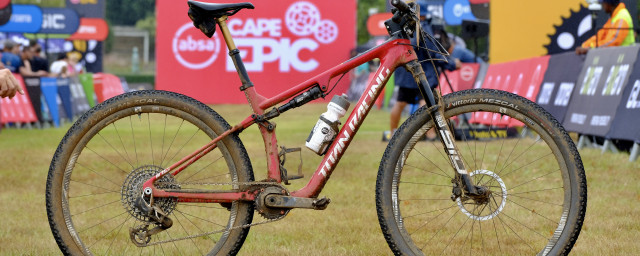
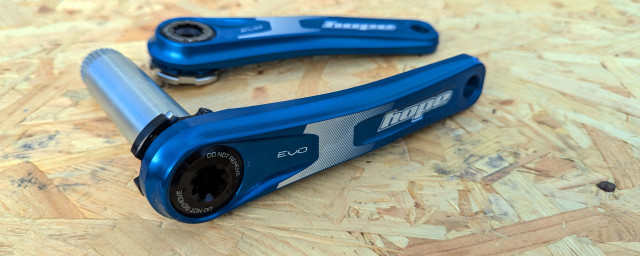
Add comment